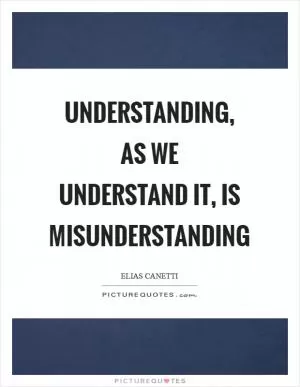Someone who always has to lie discovers that every one of his lies is true

Someone who always has to lie discovers that every one of his lies is true
Elias Canetti, the renowned Bulgarian-born writer and Nobel laureate, was known for his deep exploration of human nature and the complexities of human relationships. In his works, Canetti often delved into the themes of power, manipulation, and deception, shedding light on the darker aspects of human behavior. The concept of lying and its consequences was a recurring motif in Canetti's writings, and it is fascinating to imagine how he would have approached the idea of someone who always has to lie discovering that every one of his lies is true.In Canetti's world, where power dynamics and social hierarchies play a significant role in shaping human interactions, the idea of someone who is compelled to lie constantly is not far-fetched. This character would likely be a complex and conflicted individual, struggling with the burden of maintaining a facade while grappling with the consequences of their deceit. Canetti would have undoubtedly delved deep into the psychological and emotional turmoil of such a character, exploring the motivations behind their lies and the impact it has on their relationships with others.
The revelation that every lie this character tells is true would be a profound and transformative experience, challenging their perception of reality and forcing them to confront the consequences of their actions. Canetti would have likely explored the themes of truth, deception, and self-deception in this scenario, delving into the complexities of human nature and the ways in which we construct our own realities through our words and actions.












 Friendship Quotes
Friendship Quotes Love Quotes
Love Quotes Life Quotes
Life Quotes Funny Quotes
Funny Quotes Motivational Quotes
Motivational Quotes Inspirational Quotes
Inspirational Quotes